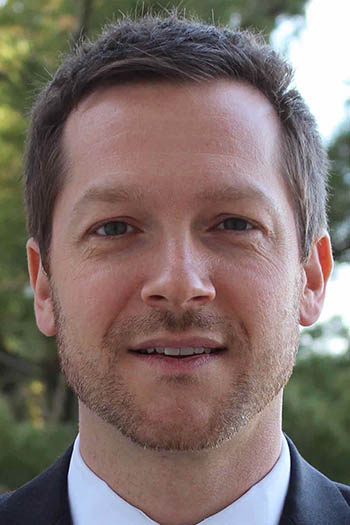AUGUSTA — A bill that would clamp down on gifts and speaking fees from drug companies to doctors in Maine has attracted bipartisan support, and only one person – representing the pharmaceutical industry – testified against it during a public hearing Tuesday.
Rep. Scott Hamann, D-South Portland, said the bill so far is attracting wide support because it’s tied to the issue of opioid prescribing, which many now realize has fueled the heroin epidemic.
“People are dying, and the addiction often starts in the doctor’s offices,” said Hamann, who testified before the Legislature’s Labor, Commerce, Research and Economic Development Committee.
Four of five new heroin users first misuse prescription opioids, according to the American Society of Addiction Medicine. Maine had 376 deaths caused by drug overdoses in 2016, an all-time high, and the opioid crisis has permeated all corners of the state.
The bill, L.D. 911, has 10 co-sponsors, with four Republicans, including conservative Reps. Frances Head of Bethel and Deborah Sanderson of Chelsea, among them.
The bill would prohibit gifts of more than $50 annually to doctors by drug companies, and limit speaking and consulting fees to genuine research. Some medical ethics experts are critical of the cozy relationship between pharmaceutical companies and physicians, and say practices such as unnecessarily costly speaker’s fees and lavish dinners influence prescribing patterns.
Hamann said he was inspired to write the bill – modeled after a 2005 law in Minnesota – by a Maine Sunday Telegram article in December that spotlighted how some doctors who prescribed opioids were receiving thousands of dollars from drug companies that manufacture opioids.
In Maine, spending by drug companies to benefit doctors – including free food, consulting and speaking fees – as a method for marketing opioids doubled from $21,654 statewide in 2014 to $42,550 in 2015, the latest year for which data are available.
At the same time, Maine is trying to curtail distribution of opioids through a strict new prescribing law, and by getting the message out to doctors about research showing there’s no proof that opioids are effective in controlling chronic pain.
The Maine Medical Association, which represents physicians before the Legislature, was neutral on the bill, while Eastern Maine Healthcare Systems testified in support.
Lisa Harvey-McPherson, representing Eastern Maine Healthcare Systems, the parent company of Eastern Maine Medical Center in Bangor, said the system’s current ethics policy aligns with Hamann’s bill.
“Gifts creating even the appearance of a conflict of interest should not be offered and our policies prohibit acceptance,” Harvey-McPherson said.
MaineHealth did not testify on the bill, but the parent company of Maine Medical Center bans gifts to doctors.
Gordon Smith, executive vice president of the Maine Medical Association, said he “sees some benefit” to the bill, but he noted that medical ethics guidelines by the American Medical Association and the transparency law created under the Affordable Care Act already may be having the desired effect of limiting gifts to doctors.
The ACA requires that all such gifts and speaking fees be reported, and the ProPublica website publishes and creates a sortable database of the gifts.
Still, medical ethics experts point to research that has shown a correlation between what doctors prescribe, and the gifts and speaking engagements paid for by pharmaceutical companies.
Jim Mitchell, representing the Pharmaceutical Research and Manufacturers of America, said the industry has strict ethics standards, and the stories about golf junkets or lavish meals are from years ago.
Mitchell said the proposed law would make interactions between drug companies and doctors difficult.
“Ethical relationships with health care professionals are critical to (PhRMA’s) mission of helping patients by developing and marketing new medicines,” Mitchell said. “A cornerstone to achieving this mission is ensuring that health care professionals have the latest, most accurate information available regarding prescription medicines.”
Joe Lawlor can be contacted at 791-6376 or at:
jlawlor@pressherald.com
Twitter: joelawlorph
Send questions/comments to the editors.



